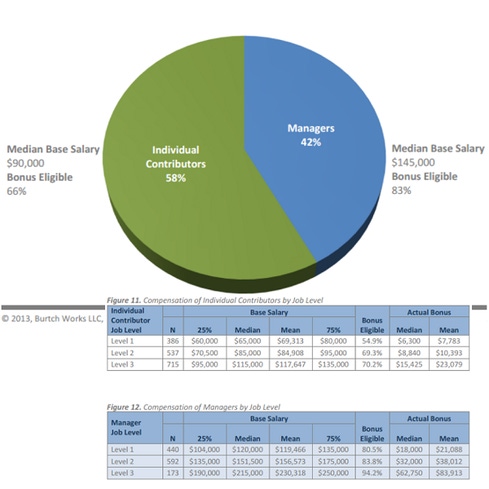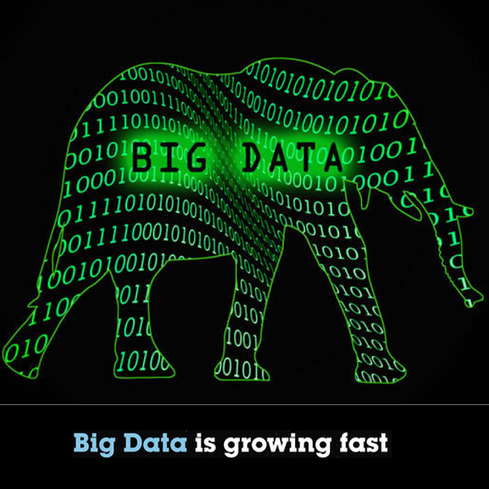Yes, mere IT mortals can land big data jobs. Consider these expert strategies to get your foot in the door.


10 Powerful Facts About Big Data
10 Powerful Facts About Big Data (Click image for larger view and slideshow.)
Shiny new trends present opportunities to IT pros who feel stuck in a career rut. I remember in 2007 meeting a lot of people willing to do whatever it took to brand themselves cloud experts. Big data is the undisputed shiny trend in IT right now, but it presents some special challenges for people who wish to transition into the specialty. However, after months of discussion about big data talent shortages and these "unicorns" called data scientists, a growing number of hiring managers and job seekers are starting to get real.
First, not everyone working with big data needs to be a data scientist, meaning someone with a PhD and years of academic training in statistical analysis. Consider the case of Paytronix, which my colleague Doug Henschen has explored. Paytronix is doing intense data analysis for customers in the restaurant industry using a data management staff of 10 people. When the company needed to start a Hadoop project, it pointed five of the 10 at it -- without hiring anyone fresh. "We look at data science as a function, not a person," says CEO Andrew Robbins. Applications architects and software architects understand requirements, systems design, and quality assurance, he says -- making them a good fit for Hadoop.
Yes, mere IT mortals can break into big data. When we asked Weather Company CIO Bryson Koehler at the InformationWeek Conference in April about how to hire for big data projects without hiring data scientists, his advice was clear: Hire for curiosity.
[For more on building from within, see Data Scientists: Stop Searching, Start Grooming.]
At the recent MIT Sloan CIO Symposium, I asked big data leaders: What advice do you have for IT people trying to break into big data careers? Demonstrate curiosity, said Barry Morris, CEO of NuoDB.
But how can you do that? First, don't go into the interview trying to act like you have all the answers, Morris said. Second, he and his panelists proposed another tactic: Show you like to track numbers -- even if it's just the Google analytics on your blog.
That fantasy baseball habit of yours? It might just come in useful as a point of discussion. That work you did for an election campaign or fundraising drive? Now you've got the idea.
Linda Burtch, a recruiter who specializes in big data gurus, recently joined us for an InformationWeek Radio show on big data careers. I asked her to share some dos and don'ts for big data job seekers.
Massive open online courses (MOOCs) really do work to get an employer's attention -- as do coding contests, individually or as part of a group, she said.
As for don'ts, she cautions big data job seekers to be wary of startups. "Everyone is attracted to them, but they can be tricky. If you're new to the field, it's important to learn from other people, so you're better served in a well-established team. Also, don't forget to evaluate the support from upper management in data-driven decision making enterprise-wide," she said in our Q&A.
Also, don't limit yourself to your current industry vertical. Companies are more interested in whether you can work with messy data than your vertical experience, Burtch said.
How good is the pay for big data professionals without data science degrees? For managers, the median base salary checks in at $145,000, according to Salaries of Data Scientists, an April 2014 study from Burtch Works.
Check out more big data hiring statistics and other market figures in our new slideshow 10 Powerful Facts About Big Data.
New standards, new security, new architectures. The Cloud First stars are finally aligning for government IT. Read the Cloud Hits Inflection Point issue of InformationWeek Government Tech Digest today.
About the Author(s)
You May Also Like







